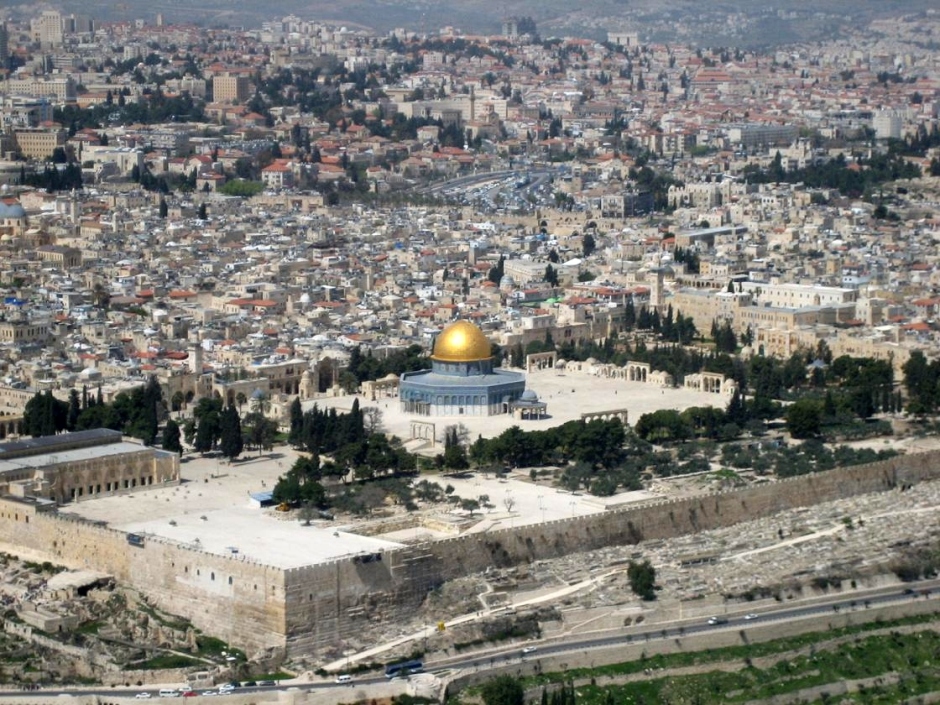In accordance with Prime Minister Benjamin Netanyahu’s recent promise that security in Jerusalem will be restored, following an upsurge of violence in Israel’s capital in the past month or so, the Israeli government has resurrected its policy of demolishing the homes of terrorists.
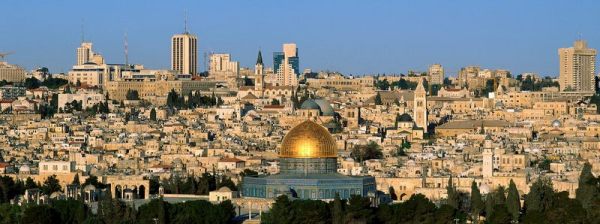
On Nov. 19, only a day after two Palestinian cousins from East Jerusalem cold bloodedly murdered four Orthodox Jews in a synagogue in Har Nof, a neighborhood in western Jerusalem, Israeli forces destroyed the home of a Palestinian Arab in Silwan who killed two Israelis last month by deliberately ramming his car into them.
Like the Palestinian Arabs who attacked the synagogue, the Palestinian who intentionally drove his vehicle into pedestrians hailed from East Jerusalem, which was annexed by Israel right after the Six Day War in a moment of high euphoria and triumphalism.
Since these horrifying incidents, the authorities have reacted with alacrity.
The mayor of Jerusalem, Nir Barkat, has disclosed that a greater number of police cruisers will henceforth patrol the city. Netanyahu, for his part, has announced his intention to introduce new legislation to revoke the residency permits and social benefits of East Jerusalem Palestinians, who are at liberty to move about freely in greater Jerusalem, unlike the Palestinians of the West Bank.
It’s not hard to understand why Barkat is trying to sooth nerves and why Netanyahu has put the Palestinian residents of East Jerusalem on notice. Since October, Jerusalem has been convulsed by five terrorist attacks in which 11 Israelis have been killed.
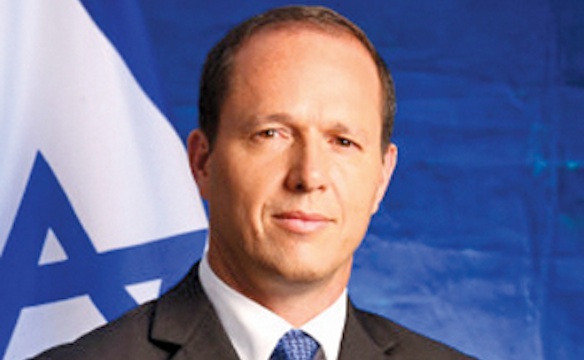
Significantly, all the assailants have come from the city’s eastern sector, which is populated mainly by Palestinians.
I can appreciate Israel’s emphasis on security. Without it, terrorists would have a free hand to impose a reign of terror on the Jewish inhabitants of Jerusalem, with all its incalculable consequences.
But one wonders what drastic measures, such as home demolitions, will ultimately achieve. The Israeli government suspended the practice nine years ago after a tribunal concluded that Palestinians were usually inflamed rather than deterred by it.
This is is true today as well.
Palestinians opposed to Israel’s very existence, or Israel’s occupation of East Jerusalem and the neighboring West Bank, will not be stopped by house demolitions or by Israel’s threat to revoke their residency permits.
As history shows, Palestinian nationalism burns brightly in the hearts and minds of Palestinians, just as Zionism animated Jews, and it will not be extinguished by an Israeli show of force. Palestinians who still embrace a two-state solution demand nothing less than real and unfettered sovereignty in the West Bank, Gaza Strip — and East Jerusalem.
This, I submit, is a just demand.
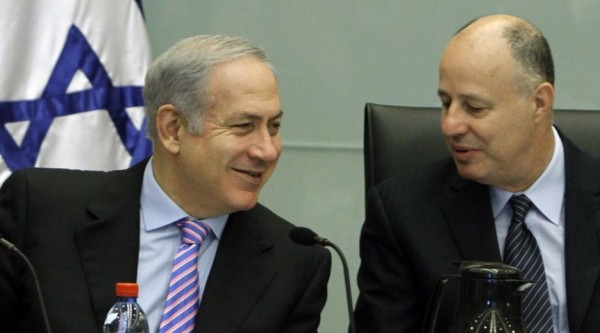
Israel’s deputy foreign minister, Tazachi Hanegbi, who’s apparently close to Netanyahu, appears to appreciate this reality. On Nov. 21, he intimated that Israel would be ready to withdraw from Arab areas in East Jerusalem within the framework of a final status agreement with the Palestinians, which is still, regrettably, far off and perhaps impossible to attain.
As he put it in an interview with Channel 2, “In a permanent accord, a creative solution can be found for the Arab neighborhoods.”
I don’t know whether Hanegbi’s surprisingly conciliatory comments would be even remotely agreeable to Netanyahu, who fervently believes that Israel must exercise control over “united” Jerusalem, which is actually a deeply divided city. But given Netanyahu’s hard-line track record, I doubt whether this would be the case.
I would also argue that Netanyahu, for reasons best known to himself, is making a serious mistake by trying to demonize and marginalize Mahmoud Abbas, the president of the Palestinian Authority and Israel’s only realistic negotiating partner.
In recent weeks, Netanyahu and several of his key ministers have held Abbas responsible for much of the violence that has engulfed Jerusalem. “This is the direct result of the incitement led by Hamas and Abu Mazen (Abbas),” claimed Netanyahu.
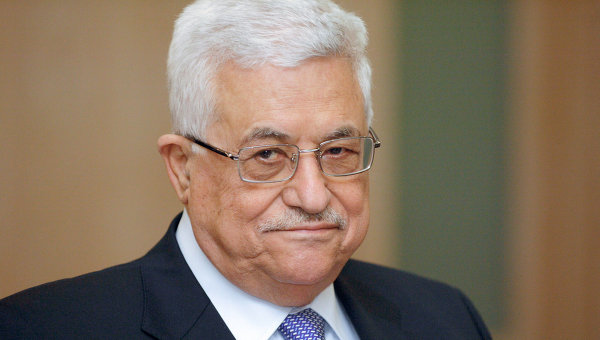
It’s true that Abbas has made some inflammatory remarks of late, but it’s equally true that he condemned the murder of the four Jews at Kehilat Bnei Torah. Hamas, by sharp contrast, publicly praised the killings. Abbas, too, has come out against a third Palestinian uprising, which Hamas actively promotes.
No less a person than the director of the Shin Bet, Yoram Cohen, denies that Abbas is inciting terrorism, thereby contradicting Netanyahu’s politically-inspired claims. “Abu Mazen is not interested in terror and is not leading towards terror,” Cohen said the other day. “He is also not doing that under the table.”
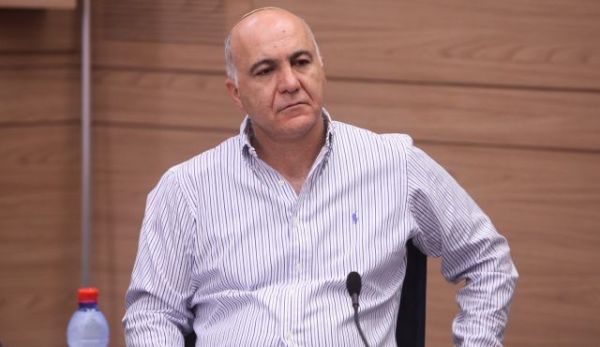
There is something else to consider, too. Even in the face of grassroots opposition from many Palestinians, the Palestinian Authority continues to maintain security cooperation with Israel, and has foiled numerous terrorist attacks.
As analysts have suggested, the current round of religiously-tinged violence in Jerusalem, far from being orchestrated by the Palestinian Authority, is largely or exclusively the product of individual rage. In other words, it’s spontaneous. Cohen himself corroborated this when he pointed out that the two synagogue attackers neither received training nor support from any Palestinian organization.
In the face of continual terrorism, Israel will doubtless resort to tough measures to secure Jerusalem. But there will be no lasting peace in Jerusalem, or anywhere else in Israel for that matter, unless the simmering Palestinian problem is finally addressed and resolved in an equitable and systematic fashion.
Conflict management is not enough. Only conflict resolution is the answer.
This piece appeared in the Times of Israel.
